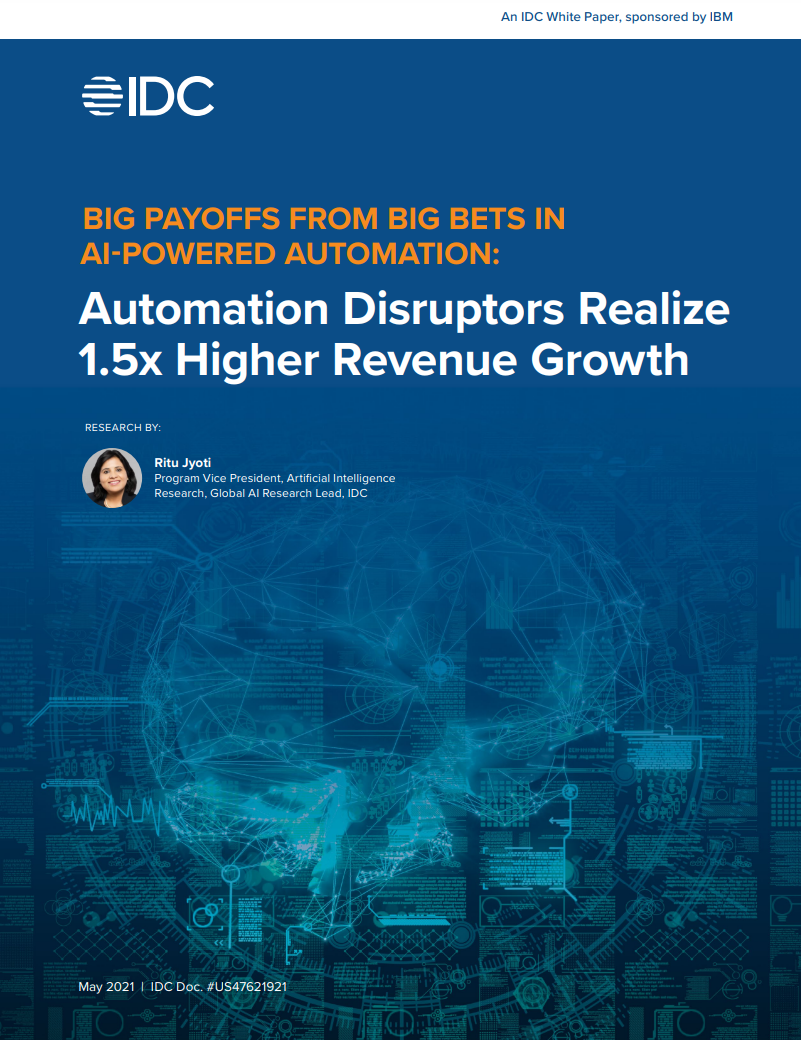Surging Kubernetes costs causing “significant impact” for IT professionals
New research shows that rising Kubernetes-related costs are being exacerbated by shifting cloud market trends


Almost half of developers have witnessed an increase in year-on-year spending on Kubernetes clusters, according to new research.
A survey of 1,000 cloud developers by Civo on the use of Kubernetes found that 10% of developers have experienced a 50% rise in annual spending, while the majority saw an increase of up to 25% in spending.
This increase is thought to reflect the crucial role that Kubernetes and broader cloud technologies now play for businesses as firms look to scale operations, streamline processes, and optimise key business functions.
More than half (57%) of survey respondents told the cloud-native service provider they had seen an increase in the number of Kubernetes clusters running in their organisation over the last year.
Shifting market forces
Over the last two years, Kubernetes spending has increased consistently for businesses globally. Research from the Cloud Native Computing Foundation (CNCF) in 2021 showed that Kubernetes-related costs surged for 68% of businesses and this trend has continued into 2023.
According to Civo, rapid changes to the cloud market have played a role in this surge and are exacting a toll on developers.
Research from the firm found that the number of devs who rely on AWS, Azure, or Google Cloud as their main provider has increased markedly over the last two years.
Get the ITPro daily newsletter
Sign up today and you will receive a free copy of our Future Focus 2025 report - the leading guidance on AI, cybersecurity and other IT challenges as per 700+ senior executives
In 2021, the number of developers flocking to the ‘Big Three’ providers increased by 68% while across 2022 this increased to around 72%.
This means that rising prices imposed by Amazon, Microsoft and Google are having a “significant impact” on users' bottom lines.
Civo chief executive Mark Boost warned that deteriorating economic conditions in 2023 could exacerbate the problem for developers as tech costs continue to rise for cloud users.
“Hyperscalers have been employing opaque billing practices and offering an increasingly complex range of services in recent years, all whilst they continue to hit record profits,” he said.
“As the economic situation worsens, customers will increasingly look for cloud services that add value at a fair price. There needs to be concerted action from the cloud industry to rethink its offering to users.”
RELATED RESOURCE

Big payoffs from big bets in AI-powered automation
Automation disruptors realise 1.5 x higher revenue growth
To support users, Boost said that cloud providers must place a strong focus on “cutting through the complexity” of services to deliver offerings that provide a “fast service for a fair and transparent price”.
“For users, the emphasis needs to be on carefully managing their cloud spend, taking steps like optimising workloads, monitoring usage, and carefully tracking billing each month,” Boost added.
“Only then will cost start to diminish as an obstacle to growth in the cloud, helping technologies like Kubernetes to flourish as developers can spend more time on innovating, and less time worrying about the bottom line.”

Ross Kelly is ITPro's News & Analysis Editor, responsible for leading the brand's news output and in-depth reporting on the latest stories from across the business technology landscape. Ross was previously a Staff Writer, during which time he developed a keen interest in cyber security, business leadership, and emerging technologies.
He graduated from Edinburgh Napier University in 2016 with a BA (Hons) in Journalism, and joined ITPro in 2022 after four years working in technology conference research.
For news pitches, you can contact Ross at ross.kelly@futurenet.com, or on Twitter and LinkedIn.
-
 Bigger salaries, more burnout: Is the CISO role in crisis?
Bigger salaries, more burnout: Is the CISO role in crisis?In-depth CISOs are more stressed than ever before – but why is this and what can be done?
By Kate O'Flaherty Published
-
 Cheap cyber crime kits can be bought on the dark web for less than $25
Cheap cyber crime kits can be bought on the dark web for less than $25News Research from NordVPN shows phishing kits are now widely available on the dark web and via messaging apps like Telegram, and are often selling for less than $25.
By Emma Woollacott Published
-
 Better together
Better togetherWhitepaper Achieve more with Windows 11 and Surface
By ITPro Published
-
 Transforming the enterprise
Transforming the enterpriseWhitepaper With Intel and CDW
By ITPro Published
-
 The top trends in money remittance
The top trends in money remittanceWhitepaper Tackling the key issues shaping the money remittance industry
By ITPro Published
-
 How Kantar revamped its IT infrastructure after being sold off
How Kantar revamped its IT infrastructure after being sold offCase Study Being acquired by a private equity firm meant Kantar couldn’t rely on its parent company’s infrastructure, and was forced to confront its technical shortcomings
By Rene Millman Published
-
 Deutsche Bank wraps up Postbank IT integration after bug-laden migrations
Deutsche Bank wraps up Postbank IT integration after bug-laden migrationsNews The IT merger is expected to generate annual savings of €300 million by 2025
By Daniel Todd Published
-
 Analyzing the economic benefits of Dell Technologies with VMware Tanzu & Intel
Analyzing the economic benefits of Dell Technologies with VMware Tanzu & IntelWhitepaper ESG economic validation
By ITPro Published
-
 Defra needs £726 million to modernize pervasive legacy IT issues
Defra needs £726 million to modernize pervasive legacy IT issuesNews A significant portion of IT systems are reportedly still in extended support or are fully unsupported
By Ross Kelly Published
-
 Former TSB CIO fined £81,000 for botched IT migration
Former TSB CIO fined £81,000 for botched IT migrationNews It’s the first penalty imposed on an individual involved in the infamous migration project
By Ross Kelly Published